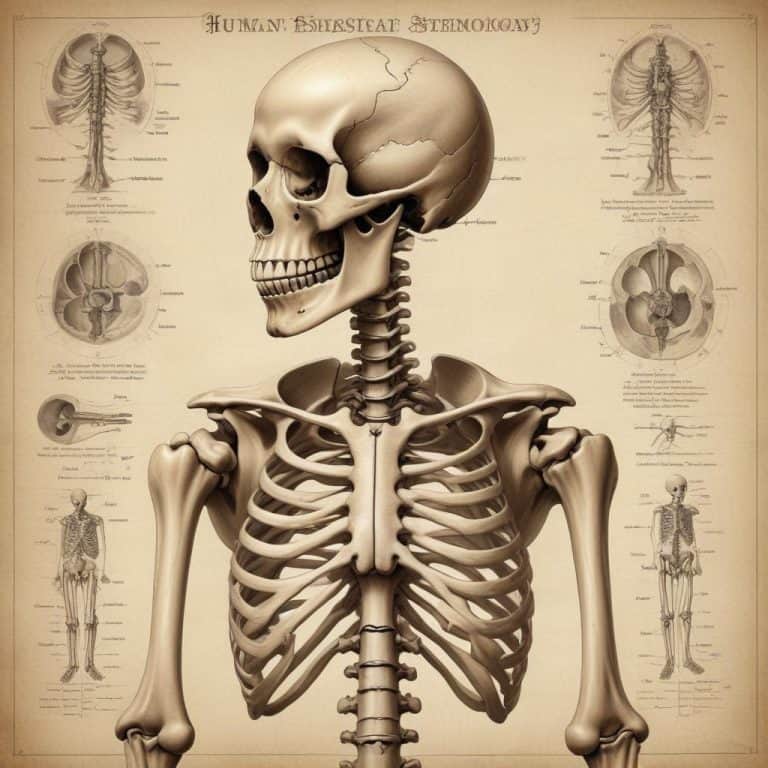Welcome to the Bone Types quiz! Bones are an essential part of our bodies, providing structure, protection, and support. In this quiz, you will learn about the different types of bones in the human body and their functions.
Did you know that there are four main types of bones in the body? These include long bones, short bones, flat bones, and irregular bones. Each type of bone has a specific shape and function that helps our bodies move and stay strong. Test your knowledge and see how well you know the various bone types in this interactive quiz!
Play Bone Types Quiz
Instructions
- This quiz is multiple choice.
- Read each question carefully before selecting an answer.
- Choose the best answer for each question.
- You will see the missed questions with correct answers at the end of the quiz.
Quick Facts
- There are different shapes of bones in the body.
- Flat bones, like the ones in the skull, provide protection for vital organs.
- Long bones, such as those in the arms and legs, are responsible for supporting body weight and facilitating movement.
- Short bones, like those in the wrists and ankles, provide stability and support for joints.
- Irregular bones, such as those in the spine, have unique shapes to fulfill specific functions.
- Sesamoid bones, like the patella (kneecap), develop within tendons to reduce friction and increase leverage.
- Bones are made up of collagen and calcium phosphate, giving them strength and flexibility.
- Some bones contain bone marrow, which produces blood cells and stores fat for energy.
- Bones can repair themselves through a process called remodeling, where old bone is broken down and new bone is formed.
- Healthy bones require a balanced diet rich in calcium, vitamin D, and regular exercise to maintain strength and prevent diseases like osteoporosis.
Downloads
No downloads found
Study Tips
- Create a study schedule and stick to it.
- Find a quiet and comfortable study environment.
- Remove distractions such as phones and social media.
- Take breaks every 25-30 minutes to avoid burnout.
- Use active studying techniques like summarizing, highlighting, and teaching concepts to someone else.
- Practice retrieval by testing yourself with flashcards or practice quizzes.
- Stay organized with notes, study guides, and resources.
- Stay hydrated and eat brain-boosting foods like fruits, nuts, and whole grains.
- Get enough sleep to improve memory retention and cognitive function.
- Reward yourself for reaching study goals to stay motivated.
